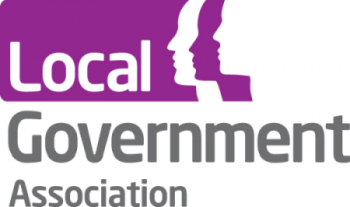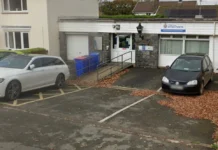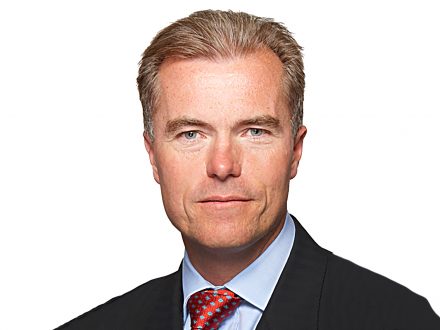Many local services face severe cutbacks due to spiralling costs caused by inflation and demand pressures, the Local Government Association (LGA) is warning ahead of the Autumn Statement.
The LGA is clear that the scale of the funding gaps faced by councils are too big to be plugged by council tax increases alone. To do so, councils would need to put up council tax by up to 20 per cent over the next two years. This is neither sustainable nor desirable given the current cost of living crisis.
Ahead of the Chancellor’s fiscal event tomorrow (November 17), a survey by the LGA reveals all responding councils are facing additional cost pressures which were not included in their budget for this year.
It comes as councils are battling to find an extra £2.4 billion this year to meet unforeseen extra inflationary cost pressures, energy prices rises and estimated increases to the National Living Wage since budgets were set in March.
In particular, the LGA survey shows councils are experiencing additional financial pressure or risk from pay pressures (94 per cent), energy price increases (96 per cent) and uplifts in contract prices or re-negotiations (90 per cent).
Most councils are planning to use reserves and make cutbacks to services to plug funding gaps so that they can meet their legal duty to balance the books this year. However, there are not enough reserves to continue to plug funding gaps in future years, as they can only be spent once. Using up all revenue reserves would leave councils at high financial risk and will lead to even greater cuts.
LGA analysis shows councils will then face a £3.4 billion funding gap in 2023/24 rising to £4.5 billion in 2024/25.
Even if councils cut all spending on cultural and leisure services such as libraries, swimming pools, open spaces, waste collection and trading standards they would still not have saved enough money to plug this gap.
The LGA said it inevitable that councils will be faced with having to make cuts to the services relied on by our most vulnerable and which councils legally have to provide – including children’s services and adult social care. The LGA is warning that if the Government does not provide adequate funding councils will be unable to even protect these vital services from cuts.
The LGA said the Chancellor needs to use the Autumn Statement to ensure councils have adequate funding to meet cost and demand pressures and warns against exacerbating this dire financial outlook for councils and local services by imposing spending reductions on top of these existing pressures.
The snap survey of local authorities by the LGA reveals:
- All councils are experiencing additional financial pressure or risk from inflationary and pay pressures and energy price increases.
- Councils are already planning action to meet additional cost pressures. The survey shows that almost 9 in 10 councils (88 per cent) plan to use reserves to meet cost pressures this year – this is not a long-term strategy to address inflation – and three quarters (76 per cent) are planning efficiency savings or underspends in other areas.
- Councils with social care responsibilities (county councils, unitary, metropolitan and London borough councils) are facing average additional cost pressures of £19.1 million this year. On average this is equivalent to 5.6 per cent of their budgeted net revenue expenditure for 2022/23.
- District councils – which provide vital services like planning and waste and recycling collection – reported an additional average cost pressure of £915,000, equivalent to 6.4 per cent of their budgeted net revenue expenditure for 2022/23.
Cllr James Jamieson, LGA Chairman, said:
“Local government remains the fabric of our country but many of the vital services we provide face an existential crisis. Inflation is not going to come down overnight; reserves can only be spent once, and a local service cannot be cut twice.
“Rising demand for services – and the extra costs to provide them – means that even having the same funding next year as they had this year would leave councils having to make significant cuts to services, such as care for older and disabled people, protecting children, homelessness prevention, leisure centres and bin collections.
“The Government undeniably faces a challenge to get the public finances back on a stable footing, but it needs to urgently come up with a long-term plan to fund local services.
“While council tax is an important funding stream, it has never been the solution to the long-term pressures facing councils, raising different amounts in different parts of the country – unrelated to need – and adding to the financial pressures facing households.
“Only with long term funding certainty to cover increased cost pressures and invest in local services, can councils make innovative and meaningful decisions over their finances, change lives and communities for the better, alleviate pressures on other parts of the public sector, support growth and save local services.”

Help keep news FREE for our readers
Supporting your local community newspaper/online news outlet is crucial now more than ever. If you believe in independent journalism, then consider making a valuable contribution by making a one-time or monthly donation. We operate in rural areas where providing unbiased news can be challenging. Read More About Supporting The West Wales Chronicle

























